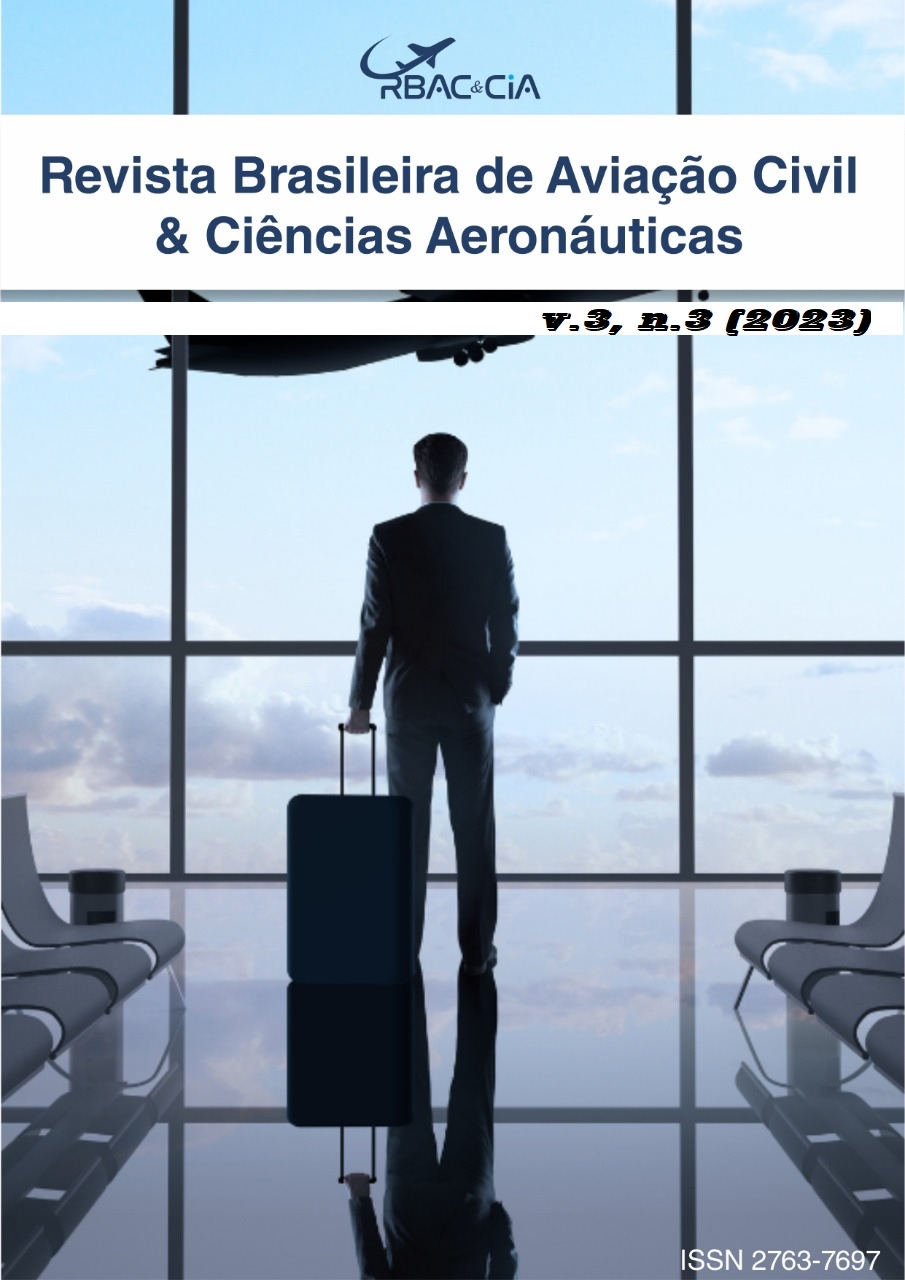JOGOS DE SIMULAÇÃO DE VOO: UMA FERRAMENTA EM POTENCIAL PARA O TREINAMENTO ADICIONAL NA PADRONIZAÇÃO DE PILOTOS FLIGHT SIMULATION GAMES: A POTENTIAL TOOL FOR ADDITIONAL TRAINING IN PILOT STANDARDIZATION
Conteúdo do artigo principal
Resumo
Com o avanço tecnológico em incontáveis campos, os jogos se fazem mais presentes na área pedagógica, entre outras, por proporcionarem um ensino lúdico e, consequentemente, produzirem melhores experiências de aprendizado. Com isso em mente, a pesquisa se aprofundou nos jogos de simulação de voo com o objetivo averiguar se eles podem ser utilizados como ferramenta de estudo e treinamento da padronização de pilotos. Para tanto, utilizou-se uma abordagem metodológica qualitativa-quantitativa de natureza básica e objetivos descritivos, por meio de procedimentos bibliográficos, documentais e dois estudos de caso de acidentes aéreos. Com o estudo, verificou-se que quase um quarto das ocorrências aeronáuticas registradas entre 2012 e março de 2023 tiveram como fatores contribuintes o “julgamento de pilotagem” e a “aplicação de comandos” e que a investigação oficial desses casos apontou para a falta de padronização dos pilotos e gerou, entre outras recomendações, a possibilidade de treinamento em simulador de voo. O fator “indisciplina de voo” também demandou padronização nas operações e uso de simuladores. Após analisar duas destas ocorrências, constatou-se que os resultados das investigações reforçavam operações padronizadas e treinamento em simuladores de voo como métodos preventivos de acidentes em circunstâncias similares. O estudo concluiu que os jogos de simulação, em razão de sua acessibilidade, reprodução realística e possibilidades de imersão em cenários com diferentes problemas e soluções, podem complementar o treinamento em simuladores homologados, tornando-se ferramentas potenciais de ensino para a padronização de pilotos.
ABSTRACT
With the technological advancement in countless fields, games are more present in the pedagogical area, among others, once they provide playful teaching and, consequently, produce better learning experiences. With that in mind, the research investigated the flight simulation games in order to find out if they can be used as a study and training tool for pilot standardization. To do so, a qualitative-quantitative methodological approach of a basic nature and descriptive objectives was used, through bibliographic and documental procedures and two case studies of air accidents. With the study, it was verified that almost a quarter of aeronautical occurrences registered between 2012 and March 2023 had as contributing factors the “piloting judgment” and the “commands application” and that the official investigation of these cases pointed to the lack of standardization of pilots, and resulted, among other recommendations, the training in flight simulators. The “flight indiscipline” factor also demanded standardization in operations and use of simulators. After analyzing two of these occurrences, it was found that the investigations’ results reinforced standardized operations and training in flight simulators as accident prevention methods in similar circumstances. The study concluded that simulation games, due to their accessibility, realistic reproduction and immersion possibilities in scenarios with different problems and solutions, can complement training in approved simulators, becoming potential teaching tools for the standardization of pilots.
Downloads
Detalhes do artigo

Este trabalho está licenciado sob uma licença Creative Commons Attribution 4.0 International License.
